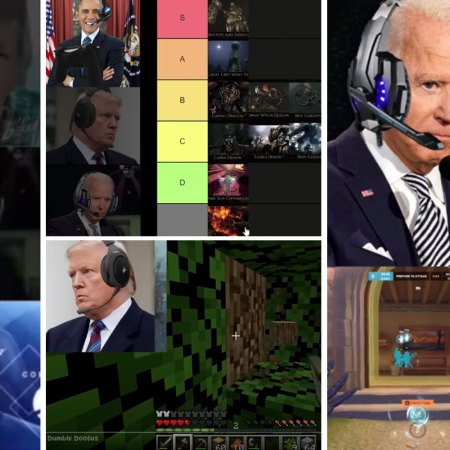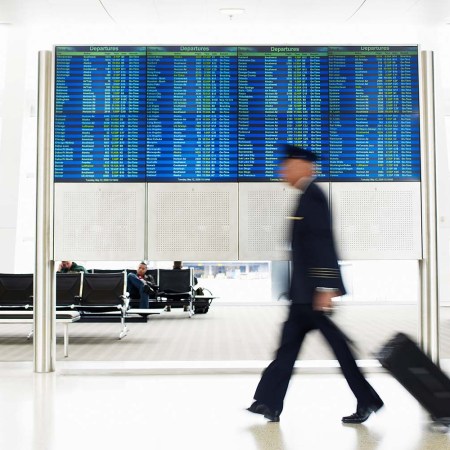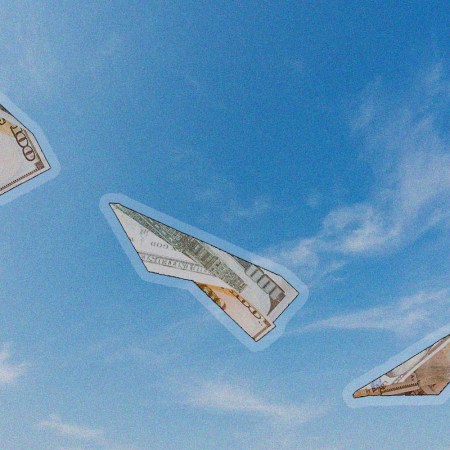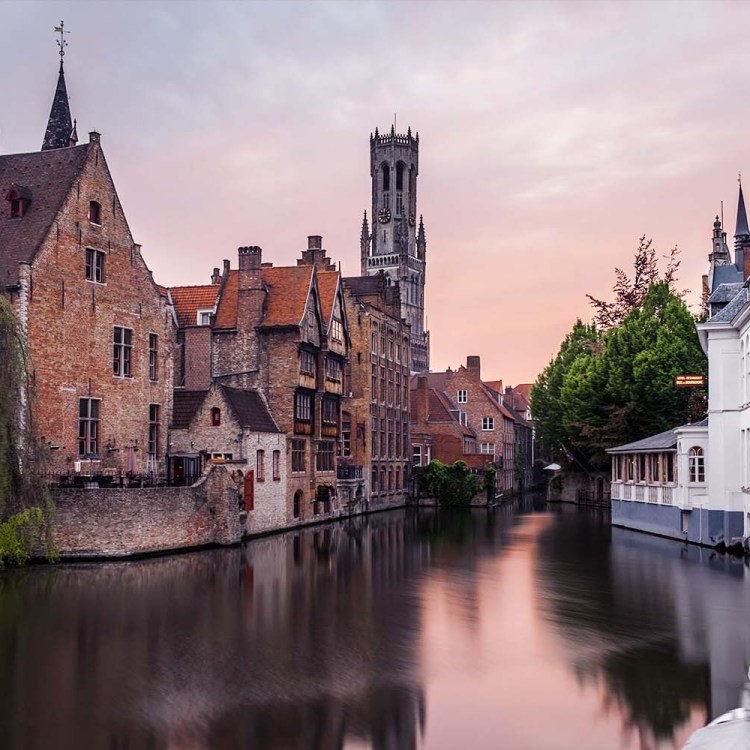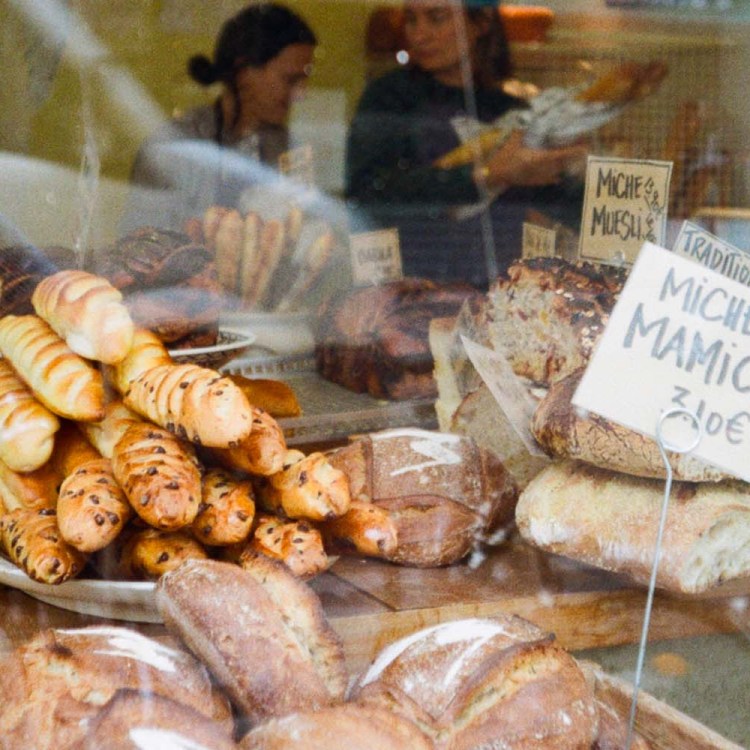When it comes to packing for a trip, less is more. That is something I believe to be unequivocally true. But when it comes to airports, and the available programs that serve to alleviate the stress and increase the speed at which you’re able to navigate them, more is always more. That is also something I also believe to be unequivocally true, and why I rely so heavily on TSA PreCheck, Global Entry and Clear, though the latter I admittedly don’t use as often as the others.
Per a new report from Bloomberg, I may not be relying on Clear for the immediate future anyway. According to TSA, Clear’s biometric vetting systems have revealed “security vulnerabilities.”
For the uninitiated, Clear is offered through a private company, is available at 43 airports across the U.S., costs $189 per year and expedites the document screening and identification process by using members’ fingerprints or retinas as a means of identification in lieu of physical documents.
Now, however, lawmakers are advising that all Clear users “immediately” be required to undergo identity checks by the TSA. Though specifics surrounding the weaknesses have not been made public, the TSA has requested that Clear re-enroll roughly 48,000 travelers who hadn’t completed a facial match (for context, Clear currently boasts somewhere in the vicinity of 14 million members). This is, as View From the Wing’s Gary Leff posits, because in the absence of a facial match, passengers can’t be checked against no fly or enhanced screening lists.
“The best way to address those sensitive vulnerabilities adequately and ensure the accurate vetting of passengers against terrorist watchlists is to require every passenger to go through TSA-specific identity verification,” a letter from December to the TSA from Democrat Bennie Thompson of Mississippi, then chairman of the House Committee on Homeland Security, and the committee’s former top Republican, John Katko of New York, read.
That said, Clear is adamant that the issue isn’t a “vulnerability,” and that instances of the facial technology not confirming a match are actually quite rare.
“Our process is secure,” a spokesperson for the company said.
For more travel news, tips and inspo, sign up for InsideHook's weekly travel newsletter, The Journey.


